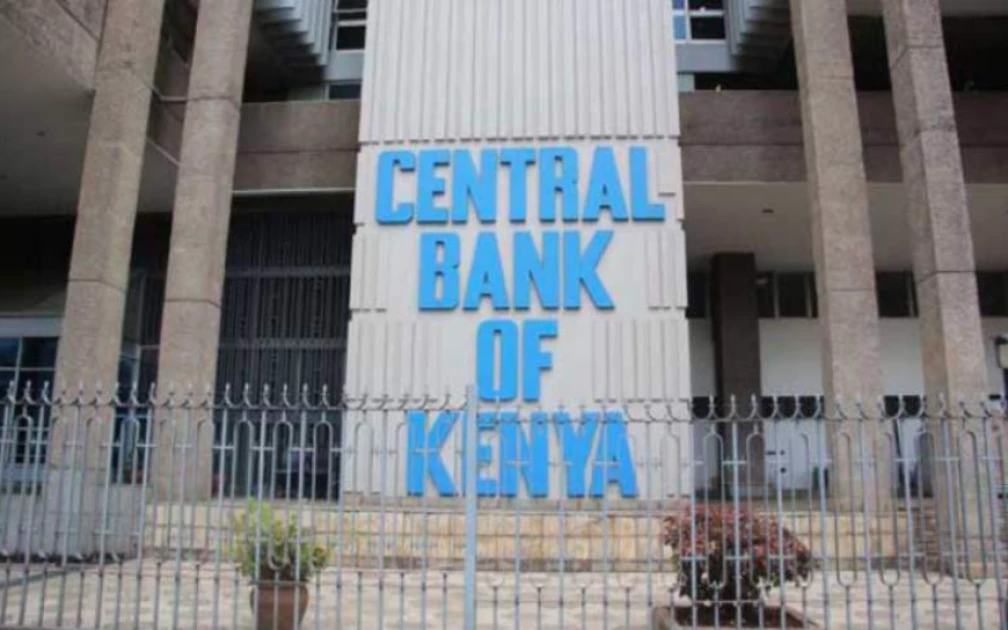Central Bank of Kenya (CBK) Cracks Down on Unlicensed Money Remittance Services

The Central Bank of Kenya (CBK) has recently issued a stern warning to unlicensed entities and individuals offering money remittance and payment services. This comes as a response to the growing number of unauthorized service providers operating outside the parameters set by the National Payment System Act of 2011 and the Money Remittance Regulations of 2013. The CBK emphasizes that utilizing such services could leave consumers vulnerable and without legal protection in case of any mishaps.
CBK’s Standpoint
In a recent statement, the CBK stated, “This is to caution and/or warn members of the public against seeking money or value transfer services such as ‘hawala’ from unlicensed service providers.” The central bank asserts its commitment to identifying and prosecuting entities and individuals involved in unlicensed or unauthorized money or value transfer services, underlining the serious consequences such as legal prosecution that await those found guilty.
Legal Ramifications
The CBK highlighted the legal consequences faced by those found to be operating unauthorized payment services or engaging in unlicensed money remittance. Conviction in such cases could result in penalties of up to Ksh 500,000 or a maximum prison sentence of three years, or both, stressing the severity of the offense.
Public Call to Action
Furthermore, the CBK has urged the public to assist in the fight against unlicensed financial services by providing any relevant information regarding the identities and physical locations of entities and individuals offering money or value services without proper authorization. This call to action reflects the CBK’s commitment to ensuring the protection of consumers and maintaining the integrity of Kenya’s financial ecosystem.
The recent crackdown serves as a reminder for consumers and businesses alike to prioritize working with licensed and authorized entities when engaging in financial transactions, safeguarding themselves against potential risks and legal complications. As the CBK continues its efforts to enforce regulatory compliance, it remains imperative for all stakeholders to adhere to the established legal frameworks and contribute to the overall stability and security of the financial sector.












